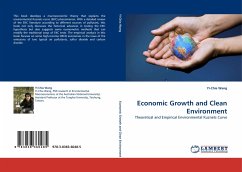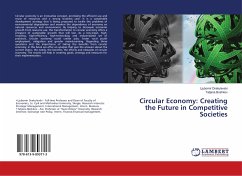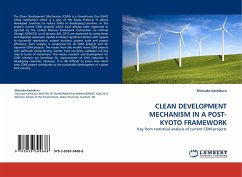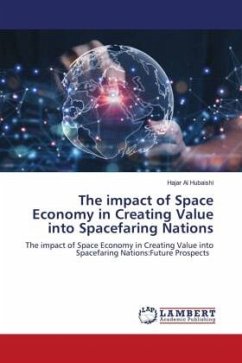A broad expansion of the use of renewable energy in place of carbon-based energy, in addition to investments in energy efficiency, comprise a prominent strategy to slow or reverse the effects of anthropogenic climate change. In this book, Heidi Garrett Peltier shows that in addition, these investments are a significant source of job creation. The author starts by presenting evidence for the need for a transition to a clean-energy economy, and then explores the literature on the employment impacts of renewable energy and energy efficiency (REEE) investments. Garrett Peltier then develops and presents two approaches to using an input-output model to estimate employment created through REEE investments. Using both methods, the author finds that the employment level per $1 million demand is approximately three times greater for the REEE industry than for fossil fuel industries. The findings suggest that as we transition away from a carbon-based energy system to more sustainable and low-carbon energy sources, approximately three jobs will be created in clean energy sectors for each job lost in the fossil fuel sector.
Bitte wählen Sie Ihr Anliegen aus.
Rechnungen
Retourenschein anfordern
Bestellstatus
Storno








